Ryohin Keikaku and Sustainability
Stakeholder Engagement
To contribute to the simple, pleasant life and society, Ryohin Keikaku Group believes that it is important for it to accurately understand the demands and expectations of stakeholders for society and the group, through constructive dialogues with customers, local communities and society, shareholders and investors, business partners, and employees, and respond to them accordingly.
Dialogue with Stakeholders
Ryohin Keikaku reflects opinions and requests in corporate activities as we repeatedly hold dialogue with stakeholders.
*horizontal scroll to view full table
| Stakeholder | Main Method of Communication | Relevant Initiatives |
|---|---|---|
| Customers |
Customer service at stores/events Distribution of articles via social media, including the MUJI passport app Inquiries to the customer support center Customer participation-type community site (IDEA PARK) |
We have increased opportunities to connect directly with customers through the free MUJI passport app. In Japan, the total number of active users has reached 15.69 million (as of August 31, 2024). |
| Local communities and society |
Participation in community activities Regional cooperation agreement with local governments Disaster relief support |
Since 2017, we have 34 regional cooperation agreements with 33 regions for revitalization activities such as Toshima Ward in Tokyo, Kamogawa City in Chiba Prefecture, and Sakata City in Yamagata Prefecture, among others. *The figures are as of the end of August 2024. |
| Shareholders and investors |
General Meeting of Shareholders Meetings with shareholders Business results briefing Meetings with investors |
951 shareholders attended the 45th Ordinary General Meeting of Shareholders (569 at the venue and 382 online), and the meeting was streamed on the Company website. |
| Business partners |
Briefing for business partners Audit of business partner factories |
We hold regular briefings for our suppliers to explain product policies and strategies, corporate stance, and compliance matters such as the Code of Conduct for Production Partners. |
| Employees |
"Good Meeting" venue Employee meetings Employee training Self-assessments and feedback meeting In-house portal site and in-house newsletters Employee helpline (whistleblowing hotline) |
"Good Meeting" is our term for an assembly that raises the sense of ownership among Group employees and challenges them to achieve management targets. Held once every six months, the meetings are an opportunity for recognizing outstanding employees, sharing the achievements of the Group during the preceding six months, and encouraging forward-looking action by helping employees understand the vision for the coming six months and beyond. |
Participation in External Initiatives
Ryohin Keikaku participates in the following initiatives to deepen its understanding of social issues on a global scale and to continuously improve its business activities.
United Nations Global Compact (UNGC)
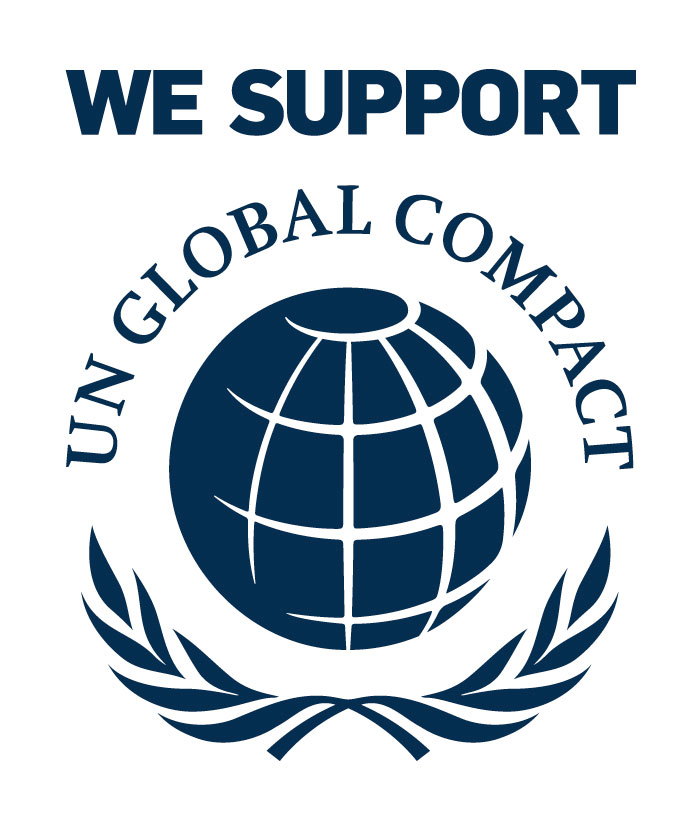
In September 2013, Ryohin Keikaku joined the United Nations Global Compact, a global initiative to achieve sustainable growth for the international community. In accordance with the United Nations Global Compact's 10 principles covering human rights, labor, environment and anti-corruption, Ryohin Keikaku will contribute to the creation of "Truthful and Sustainable Life for All" through our products, services, stores and business activities that consider the ideal relationship among people, nature, and products as well as a generous human society.
Better Work Programme

Better Work is a partnership program between the United Nation's International Labour Organization (ILO) and the International Finance Corporation (IFC), a member of the World Bank Group. Ryohin Keikaku has been participating in the Better Work Programme since 2016. Work brings diverse groups together - governments, global brands, factory owners, and unions and workers - to improve working conditions in the garment industry and make the sector more competitive.
Japan Platform for Migrant Workers towards Responsible and Inclusive Society
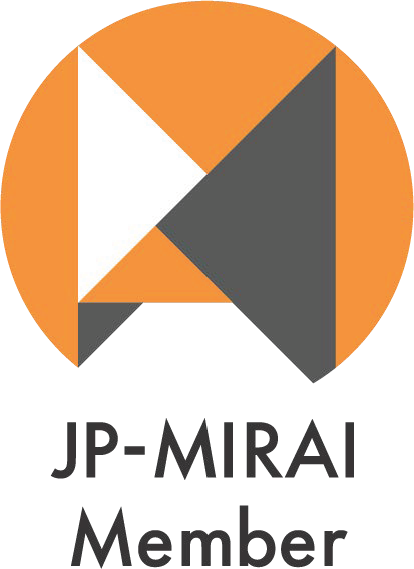
The Japan Platform for Migrant Workers towards Responsible and Inclusive Society works with companies and organizations that support the platform's Code of Conduct, which is aligned with international standards, to improve the working and living environment for foreign workers in Japan. We have been a member of the platform since May 2022.
Japan Platform for Migrant Workers towards Responsible and Inclusive Society
JAPAN SUSTAINABLE FASHION ALLIANCE (JSFA)
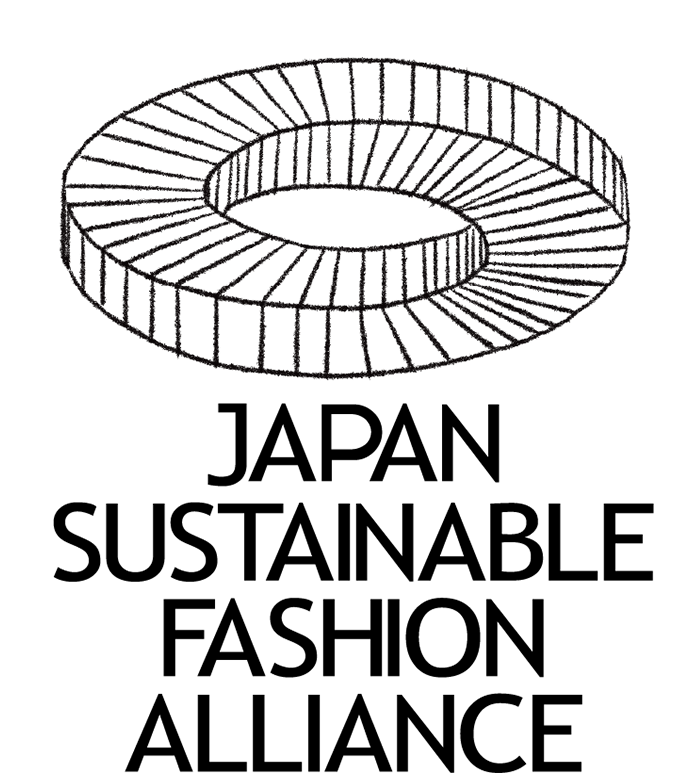
JSFA is a corporate collaboration platform to jointly find solutions to issues that are difficult for individual companies to resolve as they work toward sustainable fashion. Ryohin Keikaku has been participating as a supporting member since August 2021.
JSFA shares knowledge about sustainable fashion, collaborate toward zero fashion loss and carbon neutrality, stay ahead of important national and international trends, and make policy recommendations necessary to improve common issues within the industry.
CDP Supply Chain Program
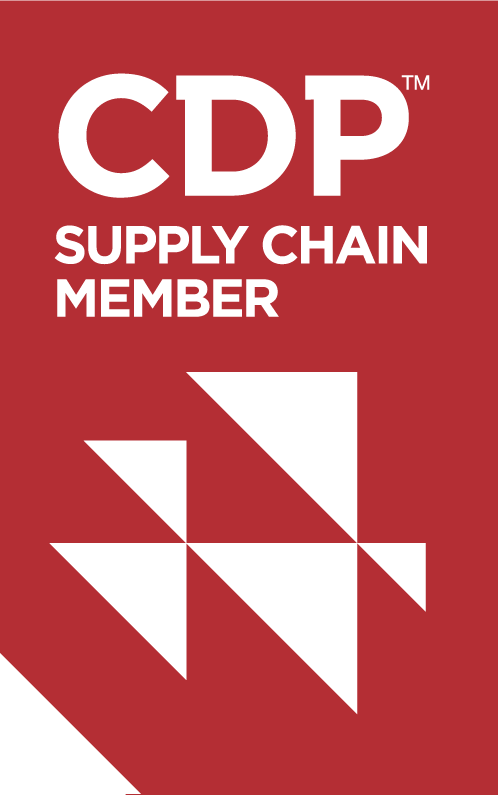
The CDP Supply Chain Program uses the CDP disclosure system as a platform to request suppliers to disclose environmental information. Suppliers have the advantage of eliminating the need to respond to different questionnaires and surveys from multiple stakeholders by disclosing information through the CDP. Ryohin Keikaku has been a CDP supply chain member since FY2023.
Evaluations from External Organizations
Ryohin Keikaku has received evaluations on its corporate sustainability activities from third parties.
CDP (Climate Change)
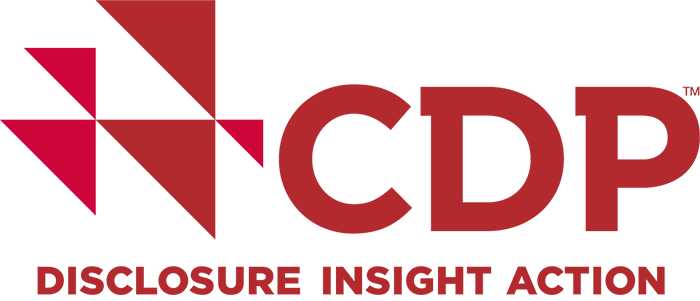
CDP is a not-for-profit charity that runs the global disclosure system for investors, companies, cities, states and regions to manage their environmental impacts. They are widely recognized worldwide as the global standard for environmental disclosure. Ryohin Keikaku has been participating since FY2021 and responded to the CDP Climate Change Questionnaire.
FTSE4Good Index Series
FTSE Blossom Japan Index
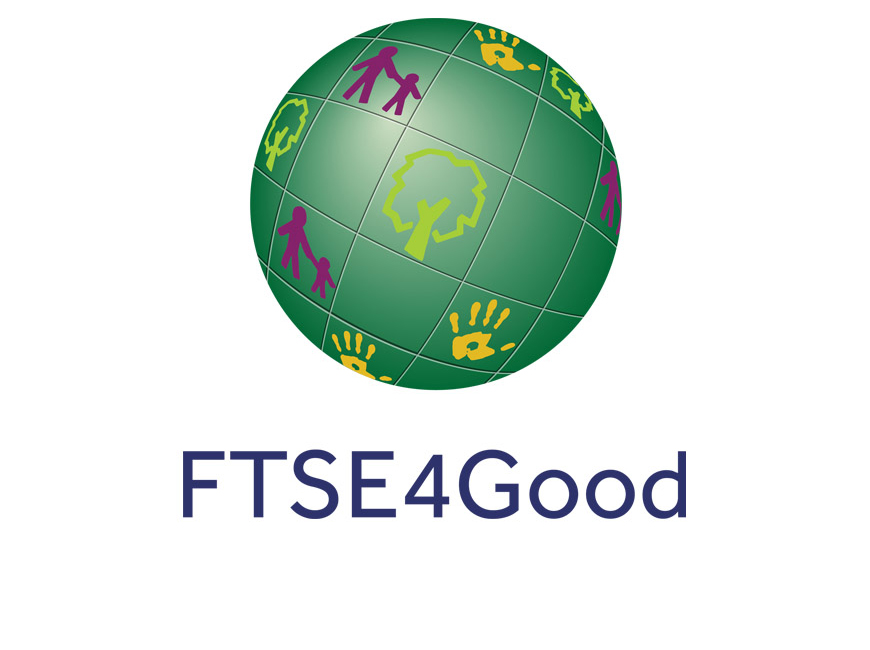
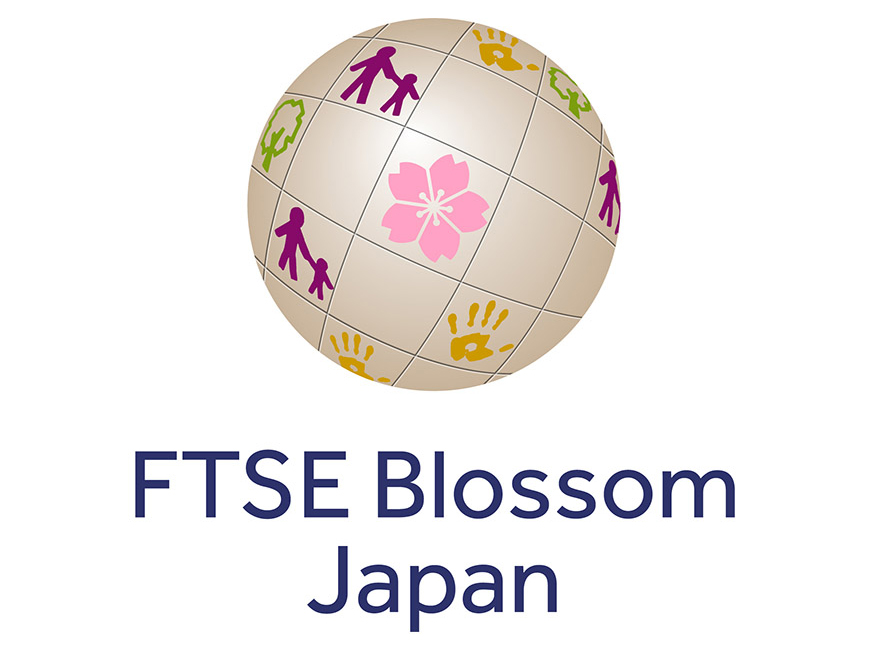
In June 2021, Ryohin Keikaku was selected for the first time as a constituent of the FTSE4Good Index Series and the FTSE Blossom Japan Index, both of which are leading ESG investment indexes.
The FTSE4Good Index Series are comprised of companies selected by FTSE Russell of the U.K. To be included in the index, companies must demonstrate strong performance and meet various evaluation criteria in terms of ESG practices. These criteria are based on international standards including the United Nations Sustainable Development Goals (SDGs). The FTSE Blossom Japan Index is an ESG index that specializes more on the Japanese stock market. These indices have become benchmarks for investors who place importance on corporate social responsibility and sustainability. Japan's Government Pension Investment Fund (GPIF), the world's largest public pension fund, has also adopted the FTSE Blossom Japan Index as a benchmark for its ESG investment management.
Examples of Stakeholder Consultation
Ryohin Keikaku Group has joint the UN Global Compact, and is referring to to a variety of international principles and declarations, including the UN Guiding Principles on Business and Human Rights. In promoting human rights due diligence, we have been referring to "important human rights issues for each industry" in the "Stakeholder Engagement Program" held by Caux Round Table (CRT) as well as the results of our dialogues with experts to identify potential human rights risks.
